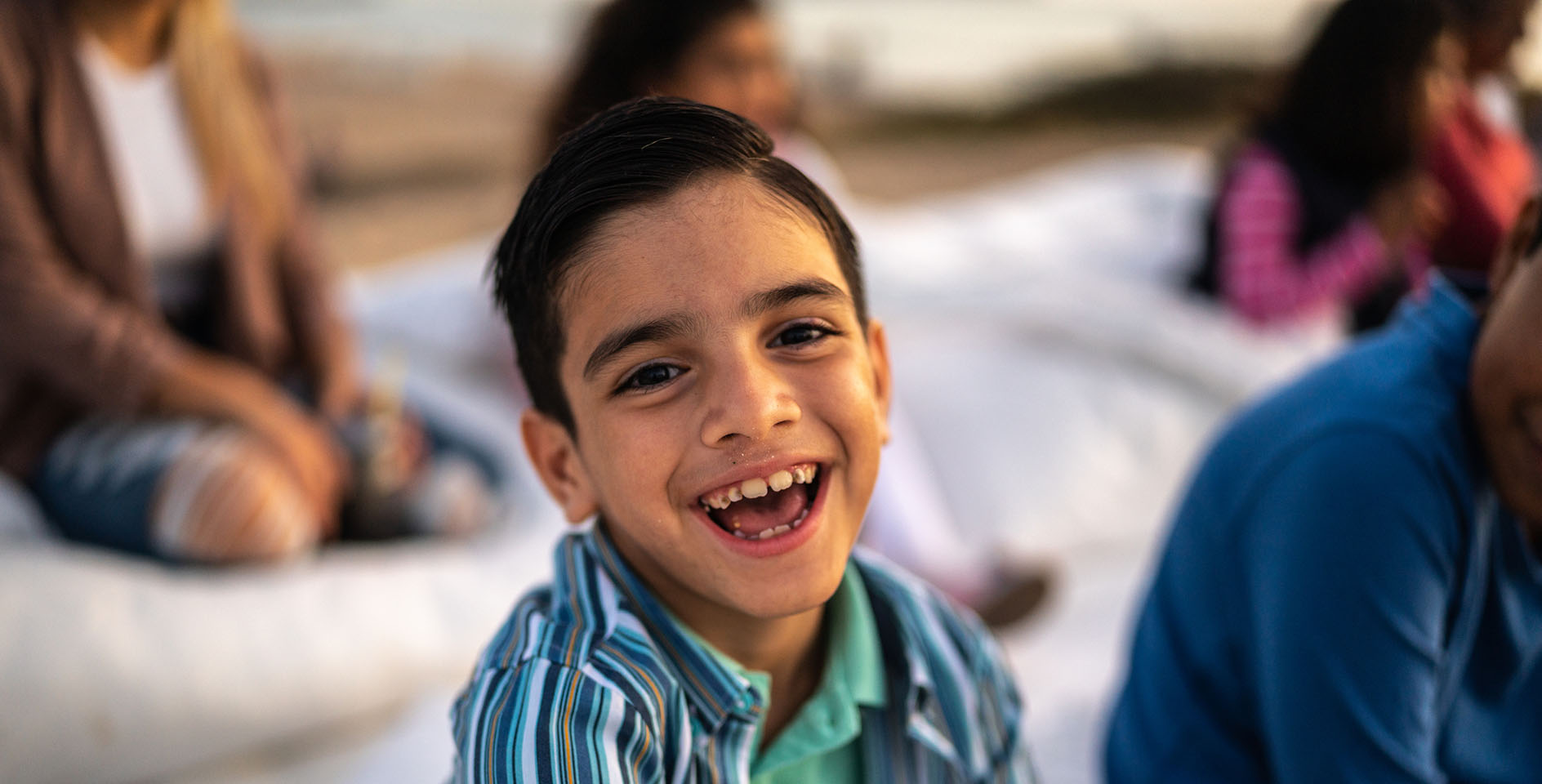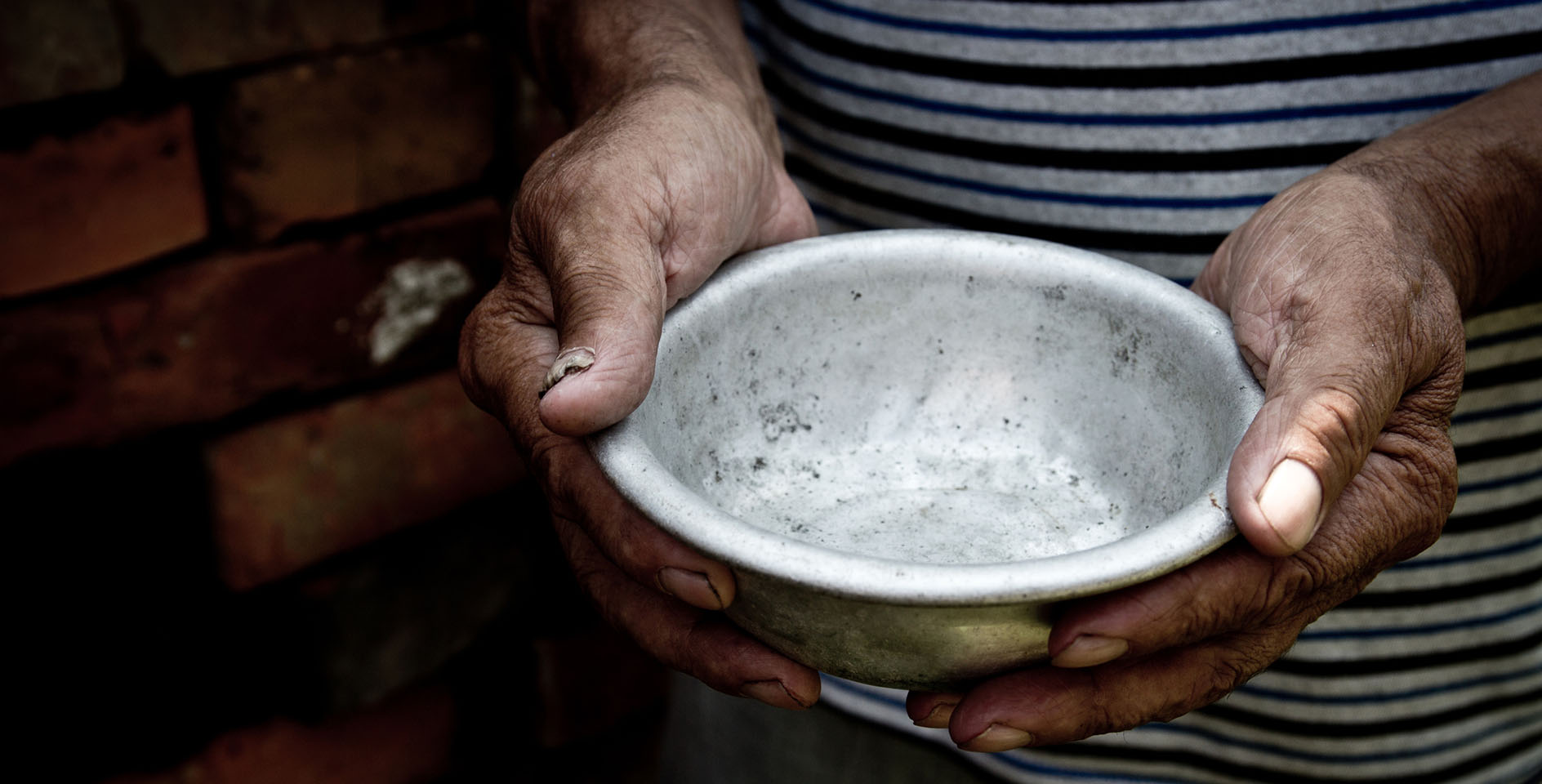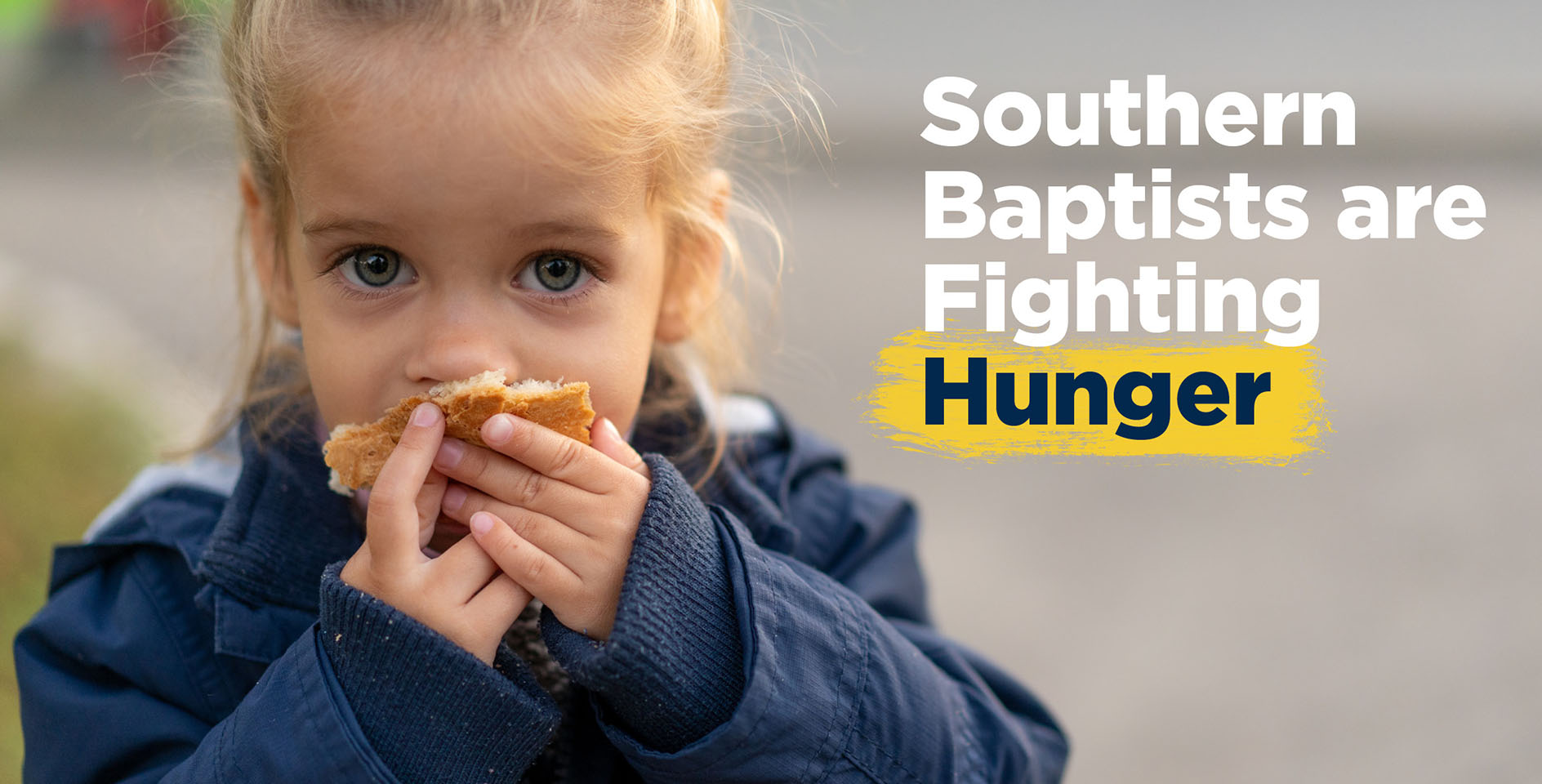The economic effects from COVID-19 will reverberate for many years, and communities of color will feel them most powerfully. The Washington Post reports that 20% of Latinos—the highest reported demographic—were furloughed or laid off during the national quarantine.
The Post also reports that 6 in 10 African American and Latino households said they didn’t have enough savings to cover three months of living. And while the government swiftly implemented the CARES Act to provide immediate economic assistance to American families and small businesses, even a few thousand dollars—the most a family could receive—doesn’t last long in the face of joblessness. Undocumented immigrants—a group of over 10 million people, according to Pew—were not eligible to receive funds at all.
At a time of intense national crisis, faith-based and secular nonprofits alike are demonstrating their value for those with nowhere else to turn. These entities offer Christians a collective way to care for those in need effectively and well.
The Path Project
The Path Project, a Georgia nonprofit focused on helping children in low-income communities, wanted to help the families of the children they served and began reaching out to parents with obvious financial needs in the midst of COVID-19.
“It was such an incredible blessing,” said Angelita Salgado, a single mother of five who received financial assistance from the Path Project, in a phone interview. “It’s hard to understand how someone could give so much and not expect anything in return.”
Salgado is back to work part-time now, but covering the costs required for a family of six is substantial. In addition to the financial aid, she is grateful to the Path Project for offering her children laptops to finish out the school year with e-learning and providing educational resources and support for her family for the past seven years.
Ninety-five percent of nonprofits worldwide say they were affected negatively by COVID-19, but charities like the Path Project continue to work tirelessly with the resources they do have. Regardless of plunging contributions, nonprofits are less limited than government in their ability to help those locally in need, by raising money for specific needs quickly if necessary.
Acts Housing
Acts Housing, located in Milwaukee, Wisconsin, launched into action as COVID-19 hit the nation, helping clients and community members maintain their homes in the face of job loss and economic stress.
Angel Reyes, an immigrant from Veracruz, Mexico, has been out of work since his job at a catering business was suspended in March. He’s one of multiple families who received financial assistance from Acts in the form of a deferred mortgage payment.
“I feel a lot more secure, and less stressed, because of the help I’ve received,” said Reyes, who lives with his wife, in a phone interview.
Even those who didn’t lose jobs are suffering from cut hours and economic uncertainty. According to Pew, 40% of Latinos—as opposed to 27% of the American population—were forced to take a pay cut at minimum, and 86% of Latino small business owners report significant negative impact on their businesses by the pandemic.
United Against Poverty
In Florida, where 4.5 million immigrants comprise 21% of the population, United Against Poverty (UAP) has been helping people in need through their emergency food assistance program and Member Share Grocery Center, which allows qualified families to select nutritious food and necessary household items free of charge.
UAP reports that 58.4% of Florida students normally receive free or reduced meal programs, so their commitment to providing food assistance in the face of forced e-learning and summer break remains high.
“People everywhere are stressed about being able to purchase groceries for their families,” reads a recent email newsletter, encouraging donors to keep contributions coming.
UAP also hosts job training courses, a Crisis Care Management program, educational resources, and offers referrals to partner organizations when necessary.
World Relief
On a larger scale, World Relief has been organizing wide-reaching outreach programs, partnering with churches and local food banks. They are providing legal aid over virtual platforms and helping with translation for information about disease prevention and providing financial aid for immigrant families, specifically those who are undocumented or recently immigrated without a recent tax filing status that would make them eligible for the CARES Act.
Nonprofits like these offer stability for vulnerable families, even during an unprecedented scenario like the present worldwide pandemic.
With an unsteady market and personal economic uncertainty, it can be easy to chop regular donations out of one’s budget, but think twice before slashing these kinds of line items. It’s important to remember how we, as Christians, can love our neighbors well through the organizations that are intimately aware of specific community and individual needs. The choices we make today will have long-term effects on families for years to come.









